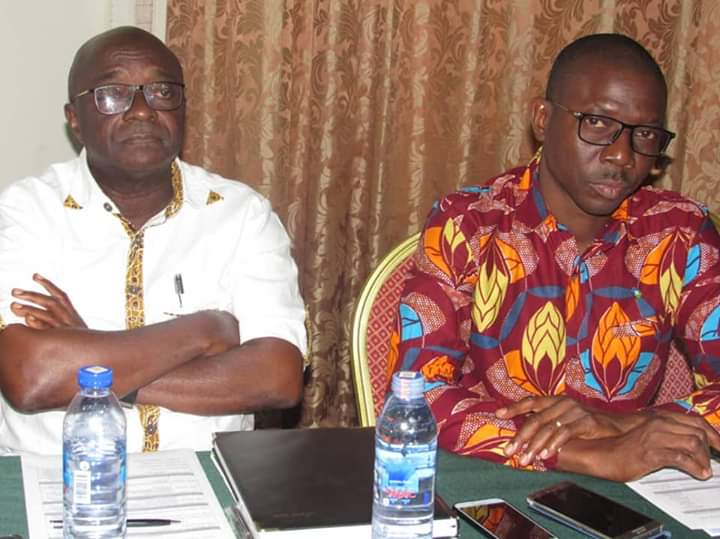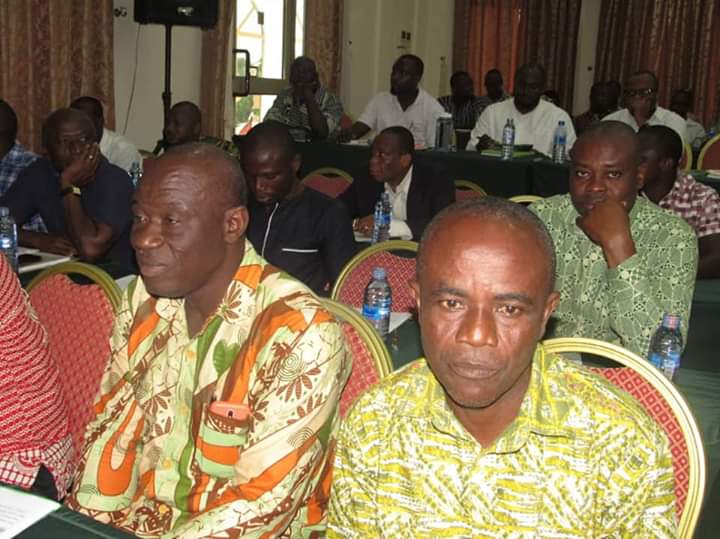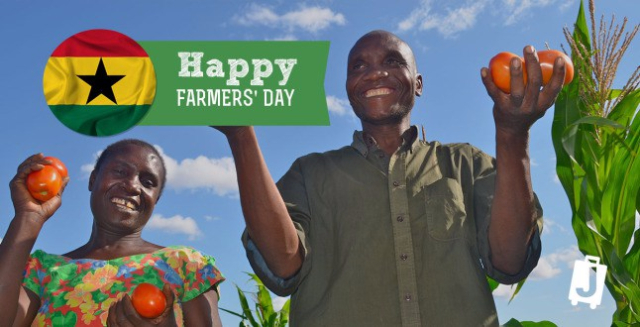Fake Inputs On Market, A Major Challenge To Agriculture In Ghana – MOFA

A Regional Director of Ministry of Food and Agriculture (MOFA), Mr. Henry Crentsil has expressed worry about fake farming inputs been sold to farmers, describing the situation as a challenge affecting agriculture in the country.
Seeds, chemical and fertilizer are some farming inputs that drive agriculture productivity.
Speaking at the 2019 Joint Sector Review Workshop in Koforidua this morning, Mr. Crentsil advised farmers to purchase their inputs from government accredited shops, with highly subsidized offers. He added that, farmers in doubt of authenticity of any inputs to contact extension officers for assistance.
The sector review workshop brought together all Regional and District Directors MOFA, farmers, suppliers, civil society organizations and non-governmental organizations to share and learn some achievements as well as challenges that the department of Agric faces in the bid of implementing government programmes and policies in Agriculture.
In his welcome address, the Honorable Eastern Regional Minister and Member of Parliament for Nkawkaw constituency, Mr. Eric Kwakye Darfour congratulated the department for their successful implementation of government agricultural initiatives such as Planting for food and Jobs (PFJ), Planting for Export and Rural Development (PERD), District Centre for Commerc and Agricultural Technology (DCACT), Rearing for Food and Jobs (RFJ) and Rehabilitation and establishment of irrigation facilities especially in the Northern Regions.
Commenting on the theme: “Improvement Planning, Coordination and Results Management for Food and Jobs”, Mr. Darfour urged players to step up their efforts in order to grow the sector to meet the demand of our population growth and developmental needs.
Director of Policy Planning Monitoring and Evaluation, Madam Angela Dannson on her part said, the government flagship program, PFJ has yielded remarkable results. The country in her history was able to ensure adequate food throughout the year.
According to her, the country earned about $400 million from export of grains and other product to our neighboring countries in 2018.
Source: Omanba Kodwo Boafo/ritefmonline.org







